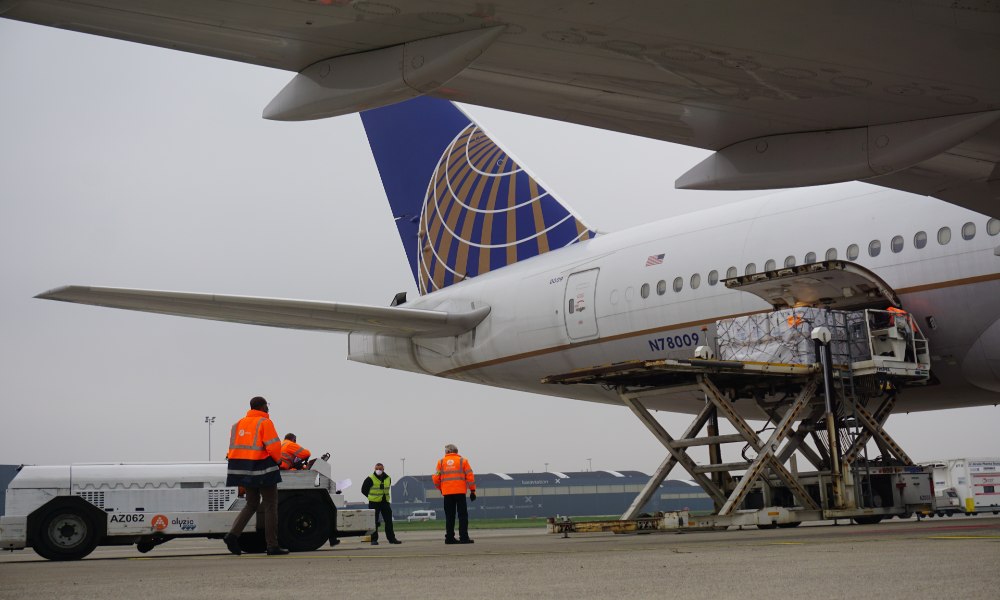
Brussels Airport reports 33% growth in cargo volumes
Cargo traffic at Brussels Airport continues to grow with a 33 percent increase compared to the same period in 2020, mainly due to the high demand for air cargo across Europe.

Cargo traffic at Brussels Airport continues to grow with a 33 percent increase compared to the same period in 2020, mainly due to the high demand for air cargo across Europe. But these volumes are still limited compared to normal times (-50.4 percent compared to 2019).
The integrator segment experienced a 16 percent growth compared to May 2020 and the full-freighter segment increased by 22 percent. Therefore, the total flown freight volumes saw a growth of 33 percent compared to May 2020. The trucked volumes experienced an increase of 47 percent compared to last year.
In the full-freighter segment, the airport witnessed overall growth for all existing partners. The new Asia routes, started by our new clients in recent months, contribute to the additional growth. The activity in the integrator segment structurally remains at a higher level than in previous years thanks to the strong increase in online purchases.
Import and export volumes have increased, especially inbound volumes coming from Asia and North America. Covid-19 vaccine shipments to and from Brussels Airport also continue, with over 105 million of vaccines handled at the airport to this day, making Brussels Airport an important hub in the global distribution of Covid-19 vaccines.
Rollout of Digital Green Lane for cargo operations
At the end of May, a very important step was taken in the further digitisation of cargo processes at Brussels Airport. Twelve cargo partners, four ground handlers agents and eight freight forwarders, have agreed to fully digitise the landside pick-up and delivery process starting June 1. This is possible using the so-called Digital Green Lane, a combination of four applications on BRUcloud, the data sharing platform of Brussels Airport, leveraging the pioneering work in digitising many processes in recent years.
Thanks to the use of these applications, all partners involved can work more efficiently and paperless, avoiding waiting lines and optimising their capacity and resource planning. Later this year, other partners will also join. Brussels Airport has the ambition to be the first fully digital cargo airport in the world.

